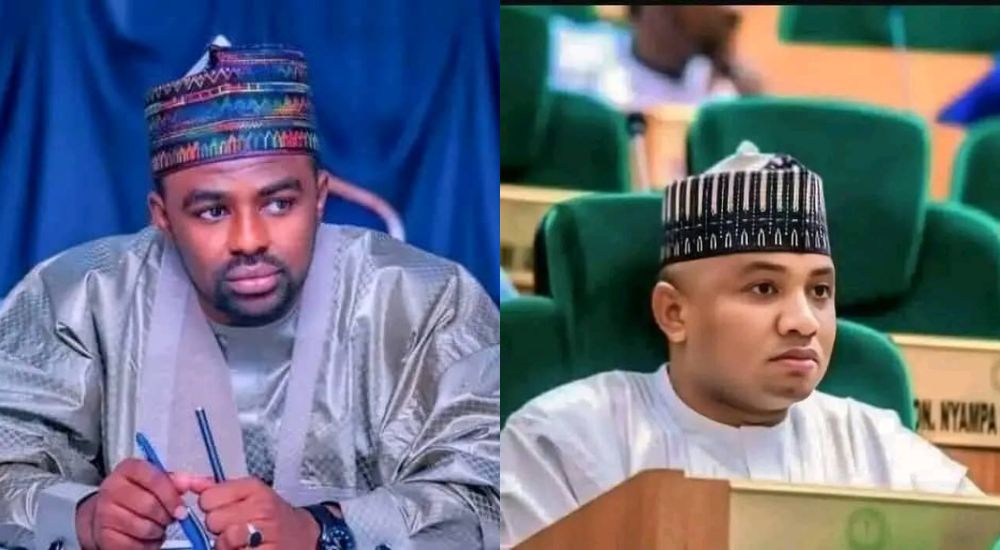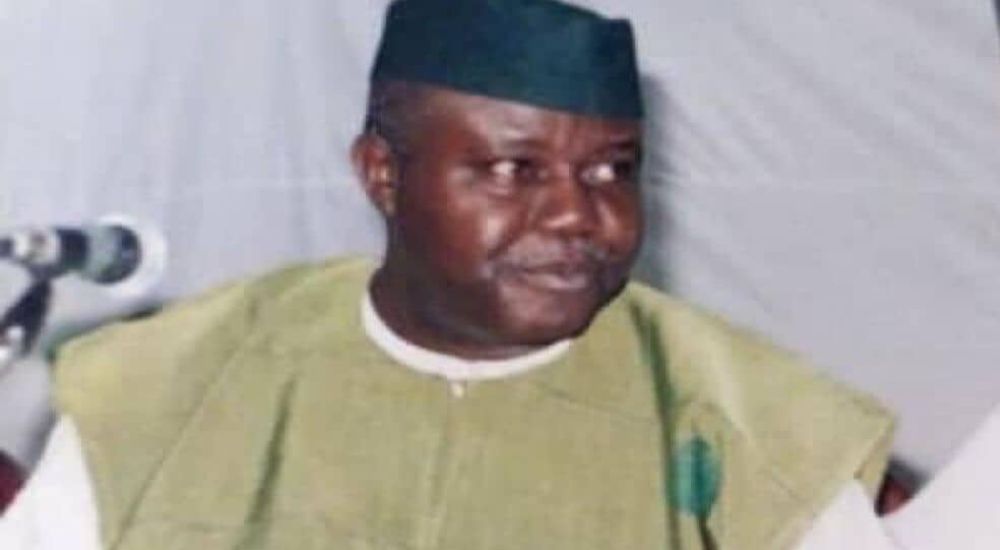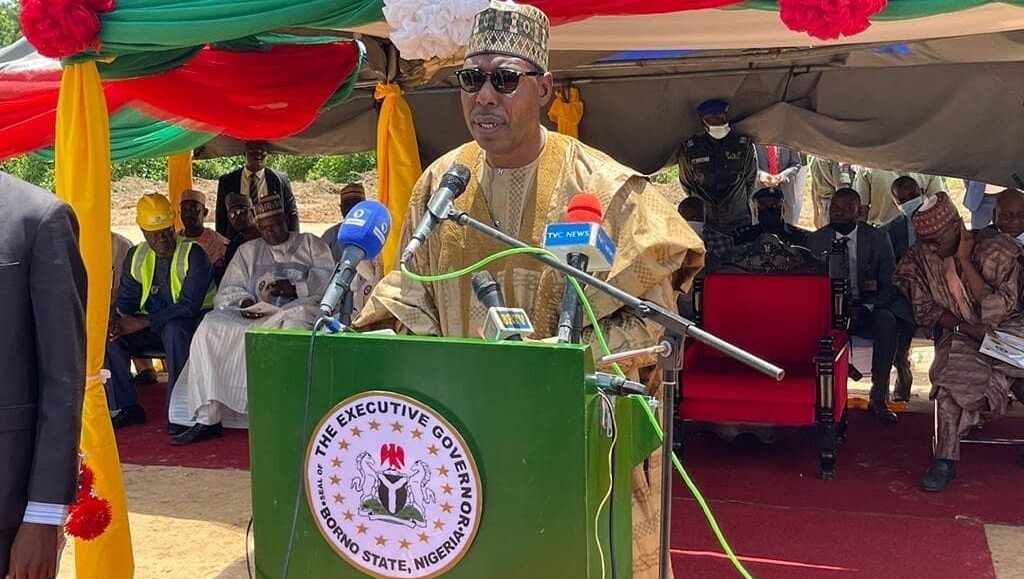Lessons Of Mokwa’s Disaster

When the clouds gathered above Mokwa at the start of the 2025 rainy season, no one reached for a weather almanac; the townspeople needed only memory. They had seen the river climb its banks before, had watched water swirl down gullies that doubled as rubbish dumps, and had heard radio callers warn—almost cheerfully—that nature’s annual rehearsal was underway. What they had not felt was the sensation of genuine safety. So, when the torrents finally broke their modest records, they landed on a place that had already surrendered its defences.
Mokwa was never merely a location on a map; it was a warning sign blinking for years. The tragedy that unfolded in June 2025, claiming over 1,300 lives—including 700 children—was not a bolt from the blue. It was the inevitable result of chronic neglect, dysfunctional planning, and a dangerous culture of silence. Entire families disappeared. Homes, schools, businesses, and a critical section of Nigeria’s railway infrastructure were annihilated. Yet this devastation was neither mysterious nor accidental. It was a known risk that was allowed to fester.
Long before the flood, experts had flagged Mokwa as a high-risk area. Ecologists had pointed to the fragile river systems and deforested buffers. Meteorologists had issued forecasts highlighting changing rainfall patterns driven by climate change. Urban planners had warned that the unchecked spread of informal settlements, many of which were constructed directly on floodplains, was a disaster waiting to happen. But the alarms were met with bureaucratic shrugs. No concerted response, no clear regulatory enforcement, no serious public communication. For years, federal, state, and local governments took turns ignoring the looming threat, focusing instead on short-term political expediency over long-term risk reduction, turning what should have been manageable seasonal flooding into a lethal disaster.
When the rain finally came, it did what water always does: it followed the path of least resistance. River Dingi, a seasonal tributary typically dry outside the rainy season, transformed into a violent, swelling force. The natural channels it once used had been blocked by construction and waste. The drainage systems designed decades ago had long ceased to function. Many had been filled with silt, others narrowed by illegal buildings, and almost all were incapable of handling the volume of rain driven by climate-induced extreme weather events.
The town’s land surface—stripped of trees and vegetation—could no longer absorb runoff, accelerating the scale and speed of the flooding. There had been no meaningful enforcement of zoning laws. No incentives to dissuade illegal building. No functioning flood management systems. No early-warning network tailored to local conditions. When the floods came, they revealed not just the weakness of physical infrastructure but the collapse of institutional responsibility.
A nearby agricultural dam, weakly constructed and poorly maintained, gave way, sending an additional torrent crashing towards an already drowning town. And while Nigeria’s major dams—Kainji and Jebba—remained intact, the lack of effective communication from their operators only added to the confusion and delayed emergency responses. The human cost was staggering: bodies swept away, children separated from parents, people clinging to rooftops as the water swallowed everything below.
Yet beneath this devastation lies something far more painful: the awareness that it did not have to be this way. Mokwa’s flood was not a punishment from nature—it was the price of inertia. It was what happens when government institutions become deaf to science and blind to their own responsibilities. It was a consequence of fragmented governance, where agencies overlap but do not collaborate, plans are drafted but never implemented, and illegal structures mushroom in full view of regulators without consequence.
Still, the story must not end in despair. Tragedy can be a turning point, if only we have the courage to transform grief into resolve. In the ashes of destruction lies a rare chance for a complete reset—not just of infrastructure, but of the governance systems that allowed this to happen. Mokwa can become a model of what post-disaster resilience should look like in Nigeria and beyond. And it has already started.
To its credit, the Niger State government has initiated a commendable response. Governor Bago has promised to literally build a new town in Mokwa. This is real leadership. Roads are being constructed to serve as resilient evacuation routes in the event of future emergencies. The state is building 200 brand-new homes, featuring flood-resilient designs, solar-powered electricity, and communal layouts designed to promote safety and cohesion. Healthcare and educational institutions are being built.
This reset must begin with a new planning philosophy—one that acknowledges climate change not as an abstract threat but as a force that is already reshaping Nigeria’s landscape. Rebuilding is not the same as transformation. If we truly want to make Mokwa a symbol of resilience, then we must go further. Urban growth must now be risk-informed, and urban planning must transition from a reactive to a proactive approach. Land-use zoning needs to be enforced with seriousness and consistency, especially in areas historically considered flood-prone.
Informal and illegal settlements must be regularised, relocated, or reimagined with proper infrastructure. Natural ecosystems—such as river buffers, wetlands, and tree belts—must be restored and protected, not sold to the highest bidder. Drainage systems must be overhauled and engineered for the climate realities of today, not the assumptions of 30 years ago. Traditional engineering solutions must be complemented by nature-based infrastructure, such as reforestation, rain gardens, and permeable paving.
Additionally, resettlement policies must shift from a reactive to a proactive approach. People living in high-risk zones cannot be blamed or punished; they must be supported and relocated through inclusive, well-communicated programmes that provide safety, dignity, and economic opportunities. The new homes being built should set a benchmark—elevated foundations, flood-resistant materials, and solar power should become standard, not an exception. Also, communities must be placed at the heart of early warning systems. It is no longer enough to have rainfall predictions sitting in some government office.
Low-cost technologies, such as SMS alerts, local siren systems, and community radio broadcasts, should be utilised to inform and prepare residents. Schools must be reconstructed as safe learning spaces, not just buildings. Clinics must be resilient to climate extremes. Children who lost parents or homes must be given trauma support, scholarships, and a chance to dream again. Schools and churches can be designated as evacuation centres with supplies pre-stocked. River levels should be monitored by trained local volunteers who can feed real-time data to emergency agencies. Education about flood risks should be embedded in school curricula, turning awareness into a generational skill.
The federal government must also play its part. It should take responsibility for high-cost infrastructure, such as river training, national flood modelling, and interstate water basin management. Climate finance—whether from development partners, carbon markets, or green bonds—should be mobilised aggressively to support Niger State and others like it in rebuilding better. The Ministry of Environment, the Ministry of Water Resources, and the Nigeria Hydrological Services Agency must harmonise their data and work together, rather than in silos. Niger State must enact and enforce zoning and building regulations. The local government must take community engagement seriously—not just in times of crisis, but every day. The private sector must also be drawn in, not just as contractors but as partners in resilience. What Mokwa teaches us is that flood does not recognise bureaucratic boundaries—and neither should our response.
Over the next twelve months, the focus must be on stabilisation: dredging the River Dingi, clearing blocked drainage, and providing clean water, health services, and shelter to survivors. Relief camps must be upgraded to include water, healthcare, and sanitation facilities. In the next three years, a comprehensive flood-risk master plan should be developed, unsafe settlements systematically phased out, and attention must turn to permanent solutions: new settlements away from risk zones, resilient schools and clinics, and a binding flood-risk master plan. Over the next five years, Nigeria must institutionalise what Mokwa has exposed—making flood risk management not a temporary intervention but a standing function of governance.
Every state should have a mapped and budgeted disaster resilience plan. In the long term, climate finance must be harnessed to support green infrastructure. A new regional river-basin authority should be created to manage upstream land use and coordinate data across states. Flood education must be integrated into classrooms, and urban planning must become a core component of professional and political training. Every new housing development must pass environmental impact assessments. Every citizen should know what to do when the rains become a threat.
Mokwa cannot be allowed to fade from memory. It should haunt us, yes, but more importantly, it should teach us. This disaster reflects what happens when data is ignored, when illegal becomes normal, and when warnings are lost in the noise of bureaucracy. However, it also demonstrates what is possible when political will aligns with public need. If the momentum of recovery continues and systemic issues are addressed, Mokwa can be remembered not for how it drowned, but for how it rose. Let this be the moment we stopped rebuilding the same vulnerabilities and started designing for resilience. Mokwa must not just recover—it must lead. It can also serve as a blueprint—a place that rose from the waters not with hollow slogans, but with new systems, better infrastructure, and a public willing to hold leaders accountable.
–Dakuku Peterside, a public sector turnaround expert, public policy analyst and leadership coach, is the author of the forthcoming book, “Leading in a Storm”, a book on crisis leadership.
Lessons Of Mokwa’s Disaster is first published on The Whistler Newspaper





